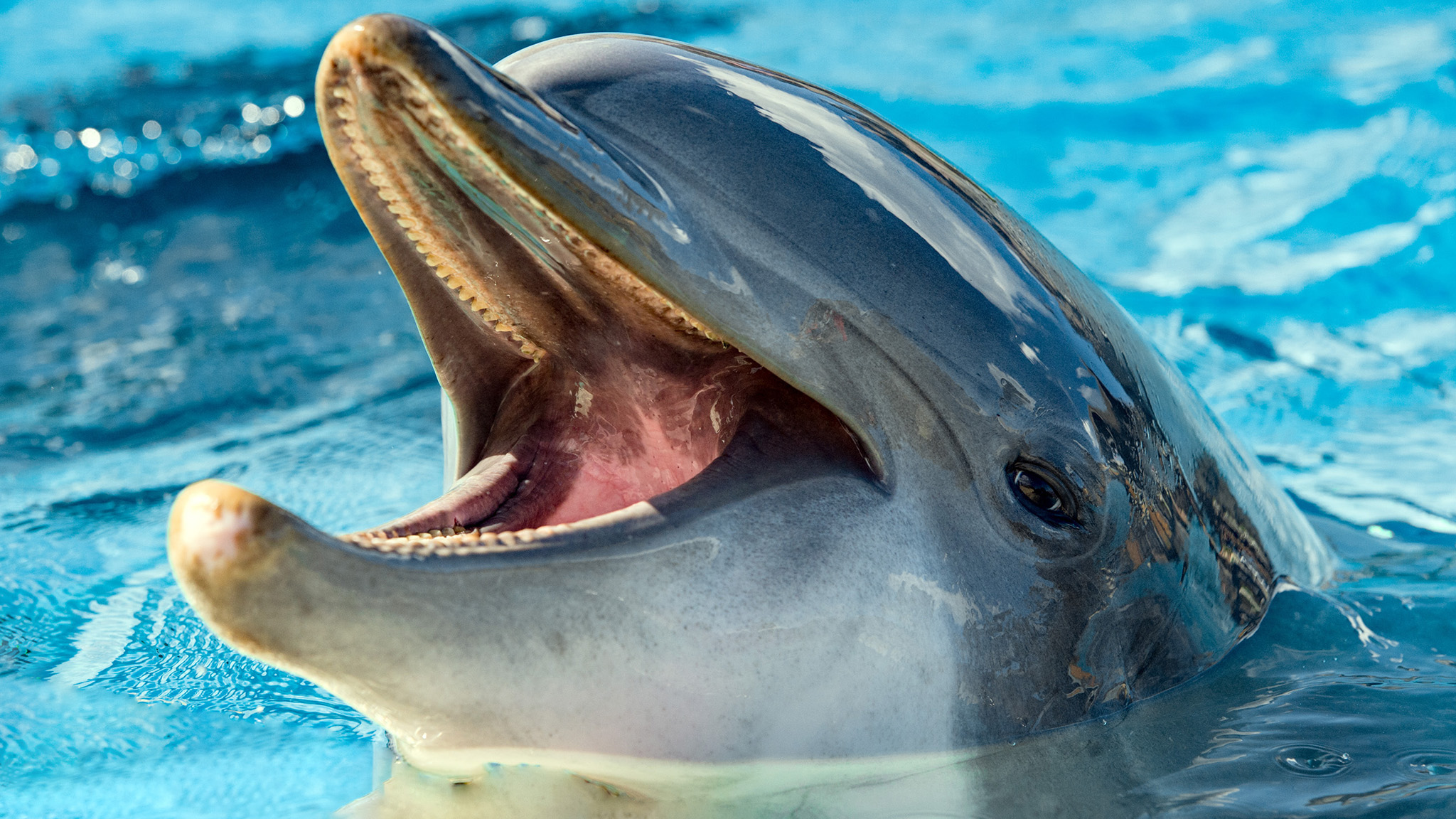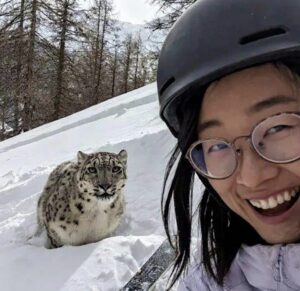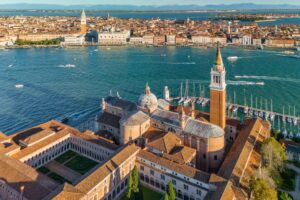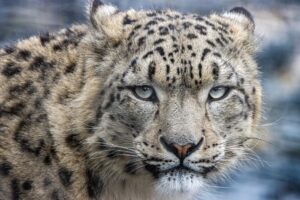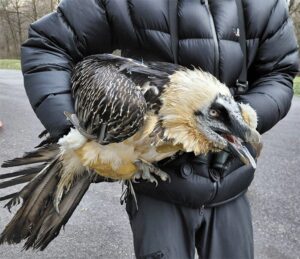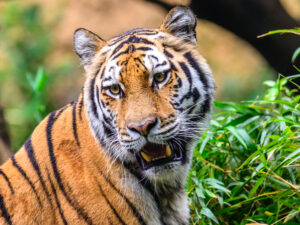Tribal leaders from New Zealand, the Cook Islands, Tonga, and French Polynesia have signed an international law giving whales and dolphins the same rights as people. The compact, called He Whakaputanga Moana, is an attempt to strengthen protections for these cetaceans.
The proclamation also establishes a dedicated conservation fund and protected marine areas for them.
“The sound of our ancestor’s song has grown weaker, and her habitat is under threat, which is why we must act now,” Kiingi Tuheitia, head of House Ariki in the Cook Islands, said at a signing earlier in the month, according to RNZ.
“He Whakaputanga Moana is a Hinemoana Halo — a cloak of protection for our taonga, our ancestor — the whales,” he continued.
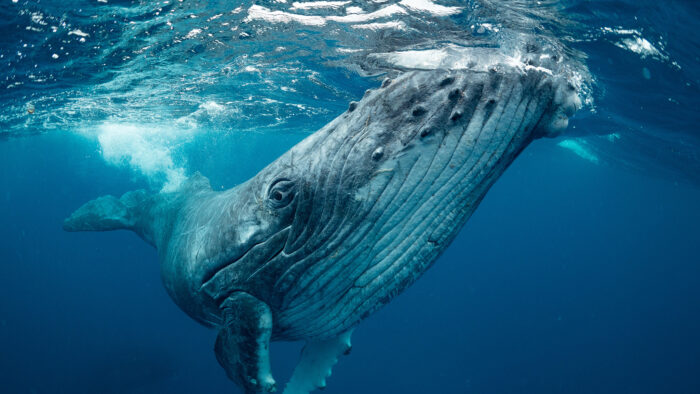
A blue whale swimming in the waters off Tonga. Photo: Shutterstock
A new take on conservation
The compact is both practical and aspirational.
On the practical side, it means that — at least according to the Indigenous officials of New Zealand, the Cook Islands, and French Polynesia — there’s no legal difference between harming a cetacean and harming a member of the tribes. That’s noteworthy because the leading cause of cetacean deaths is accidental boat strikes and net drownings.
It’s unclear to what extent such deaths might be prosecuted under this new law. But experts say the move is a modern tactic in the struggle to conserve not just whales but all species. Which brings us to the aspirational side.
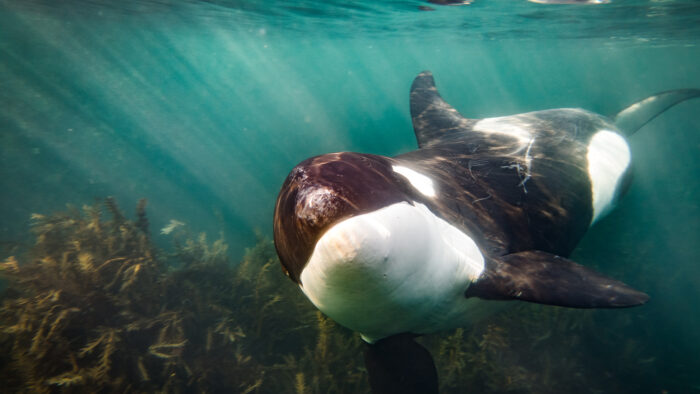
An orca swims in New Zealand’s waters. It’s unclear what the legal result of an accidental death caused by boat strike might be. Photo: Shutterstock
Earth Council Alliance chairperson Lelei LeLaulu pointed out that legal personhood has already been granted to certain natural features.
“You’ve got the Whanganui River, the Urewera Ranges, and also the Hauraki Gulf Marine Park,” LeLaulu said. Recognizing an ecosystem in the legal landscape in this way is huge, she added. “I think it will spur action in other parts of the world.”
A longstanding relationship
While the idea of personhood for animals and places is gaining traction, it’s still not widely known outside of countries like Ecuador and Columbia, where it is practiced.
Cetaceans appear frequently in Pacific Islander folklore — both as mystical elements in creation myths and in more earthly partnerships with humans. Dolphins and whales frequently save or guide humans in these tales.
Now, maybe it’s our turn to lend a hand.
